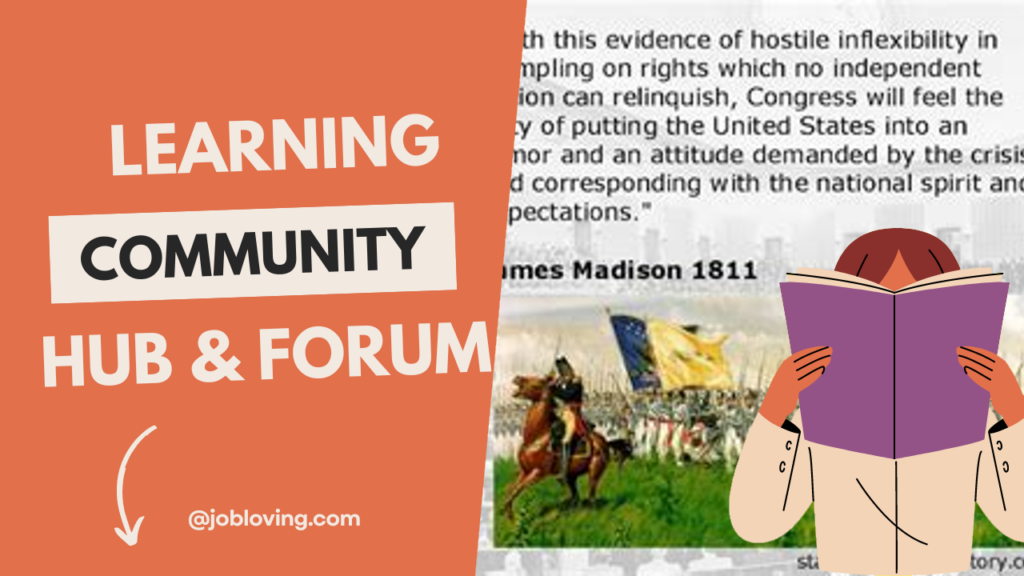Have you ever wondered how the Founding Fathers balanced their roles in shaping a nation with military service? It’s fascinating to think that behind the scenes of crafting the U.S. Constitution, some were donning military garb as well. In the case of James Madison, this small, yet mighty architect of America had his own brushes with military life during a pivotal moment in history.
The Short Answer: Yes, James Madison served as a colonel in the Virginia Militia.
In 1775, the upheaval of the American Revolutionary War beckoned many, including the future fourth President, James Madison. He began his military journey as a private soldier but quickly rose through the ranks. His commitment to defending Virginia led to his commissioning as a colonel, where he took charge of the Orange County Regiment of the Virginia Militia. Colonel Madison was responsible for the training and readiness of his regiment, making sure they were prepared to take on the British forces. Although his military career didn’t involve large-scale battles, his leadership during this formative time reflects his profound dedication to the cause of independence.
It’s interesting to note that Madison’s military service was relatively short-lived compared to his later political endeavors. His experience shaped not only his views on governance and civic duty but also influenced how he approached the delicate balance of power in the new nation. So, despite spending more time behind the political desk than a battlefield, Madison did indeed lace up his boots and lead, albeit briefly, a regiment in the Virginia Militia.
If you have more questions, want to dive deeper into the lives of our Founding Fathers, or need tips on related resources, don’t hesitate to join the JobLoving community. We’ve got plenty more intriguing facts and discussions waiting for you!
Key takeaways about Did James Madison serve in the military?
Early Military Service and Leadership
- James Madison served briefly as a private before becoming a colonel in the Virginia Militia.
- His health issues limited active military service, but he trained and led his regiment effectively.
- Madison’s military role included supervising militia training while serving as county lieutenant in 1781.
- The Orange County Regiment under Madison’s command was crucial for local militia organization and training.
- His early military service reflected his dedication to public duty and the American revolutionary cause.
- Madison was commander of the Orange County militia but did not serve actively due to health.
- His military experience enhanced his leadership skills, shaping his political strategies and constitutional contributions.
Transition from Military to Political Life
- His political career began during the American Revolution, influencing legislation in Virginia and beyond.
- Madison’s transition from military leader to political architect illustrates the interconnectedness of military and governance.
- Madison’s leadership at the Constitutional Convention established him as a key architect of the Constitution.
- He authored the Virginia Plan, advocating for a strong central government with legislative representation.
- Madison’s extensive notes from the Constitutional Convention remain a vital resource for understanding its deliberations.
- He played a crucial role in the ratification of the Constitution, especially in Virginia’s approval.
- His involvement in the Continental Congress began in 1780, showcasing his commitment to American independence.
Contributions to Governance and Constitution
- Madison’s constitutional efforts established the foundation for modern American political structure and federalism.
- He collaborated with Hamilton and Jay on The Federalist Papers, promoting republican ideals and constitutional understanding.
- His influence extended to founding the University of Virginia, succeeding Jefferson as its rector.
- Madison emphasized the importance of cherishing the Union, warning against both open and disguised enemies.
- His advocacy for religious freedom during the Virginia constitutional convention reflected his commitment to individual rights.
- Madison’s political strategies were shaped by his historical studies of ancient and modern confederacies.
- His intellectual pursuits included studying law and natural history, contributing to his political insights.
Legacy and Impact
- Madison’s legacy as a founding father is intertwined with both military and legislative achievements.
- His military experience informed his subsequent presidency beginning in 1809.
- His leadership in military and legislative capacities demonstrates the importance of civic engagement in governance.
- Madison’s presidency (1809-1817) was marked by the challenges of the War of 1812 and nationalism.
- His post-presidency years involved defending the Union and participating in Virginia’s constitutional convention.
- Madison’s influence on the Democratic-Republican party solidified its dominance in national politics during his era.
- Despite holding slaves, Madison engaged in efforts to resettle them through the American Colonization Society.
Influence of Military on Political Philosophy
- Madison’s military experience helped forge his identity as a dedicated patriot and statesman.
- His early education at the College of New Jersey laid the groundwork for his political philosophy.
- He was recognized for blending scholarly knowledge with political acumen, earning respect among contemporaries.
- Madison’s opposition to Hamilton’s policies marked the emergence of political parties in early American governance.
- His contributions during the revolutionary struggle influenced his approach to governance and civil liberties.
- Madison’s insights from military engagement had a lasting impact on his views of federalism and governance.
- His military involvement reinforced the belief that active engagement was essential for effective citizenship.

